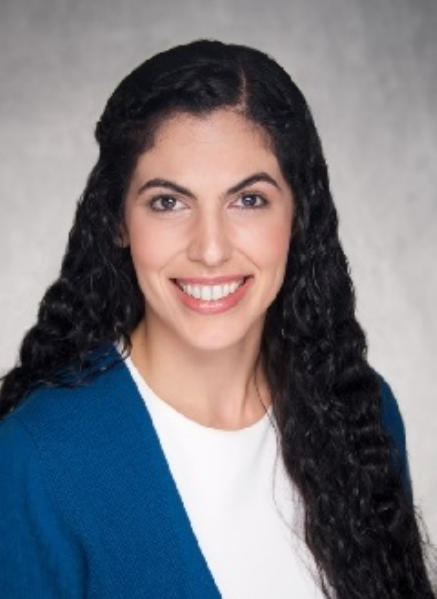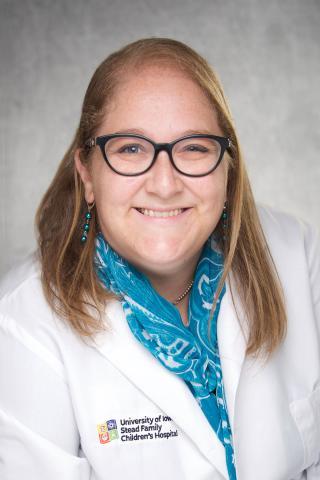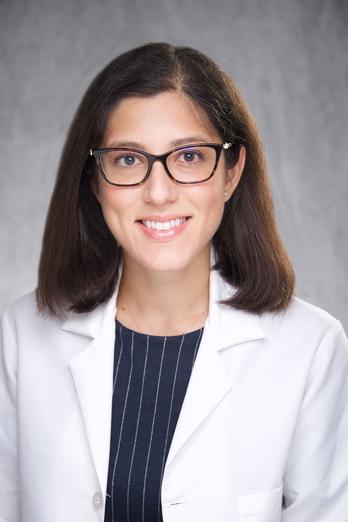
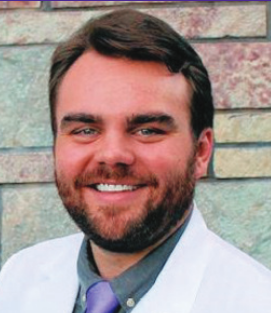
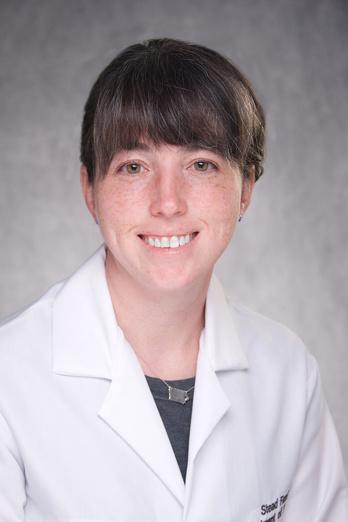
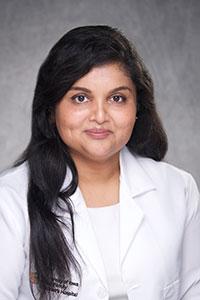
Each year, pediatric endocrinologists from around the world attend the “PES Annual Meeting”, hosted by the Pediatric Endocrine Society (PES). The mission of the PES is primarily to “advance and promote the endocrine health and well being of children and adolescents“. This year, several Division members submitted abstracts describing new research and advances for review by the PES. The following were selected for presentation at this years PES meeting, which was just held May 2-5 in Chicago.
- Dr. Eirene Alexandrou: “Gonadotropin-Releasing Hormone Agonist Therapy in Patients Undergoing Dialysis – A Cautionary Tale!” – selected for a poster presentation. Co-author from our division on this work is Dr. Akhila Ramakrishna.
- Dr. Ben Palmer: “Adolescent-driven Retrospective Glucose Data Self-Review is Associated with Improved Glycemic Control in Type 1 Diabetes Mellitus.” – selected for a poster presentation. Co-authors from our division on this work are Dr. Catherina Pinnaro, Dr, Andrew Norris, and Dr. Michael Tansey.
- Dr. Catherina Pinnaro: “Influence of X Chromosome Parent-of-origin on Glycemia in Individuals with Turner syndrome” – selected for an prestigious oral presentation. Co-author from our division on this work is Dr. Andrew Norris.
- Dr. Akhila Ramakrishna: “A rare case of a female with 47 XXY ovo-testicular DSD.” – selected for an prestigious oral presentation.
Congratulations to all for helping advance the field of Pediatric Endocrinology.


